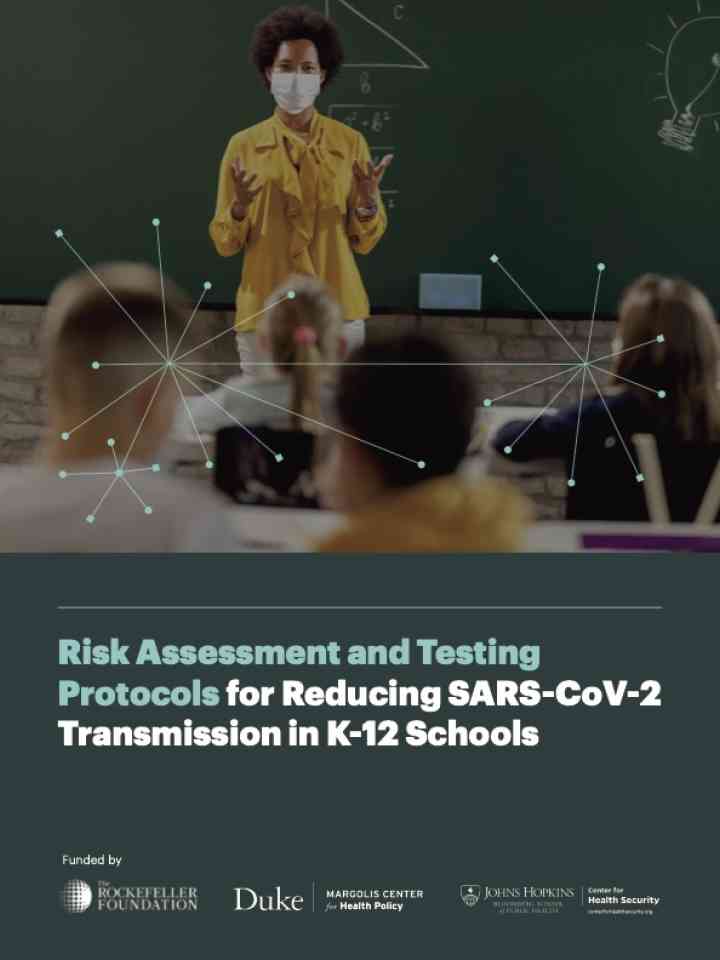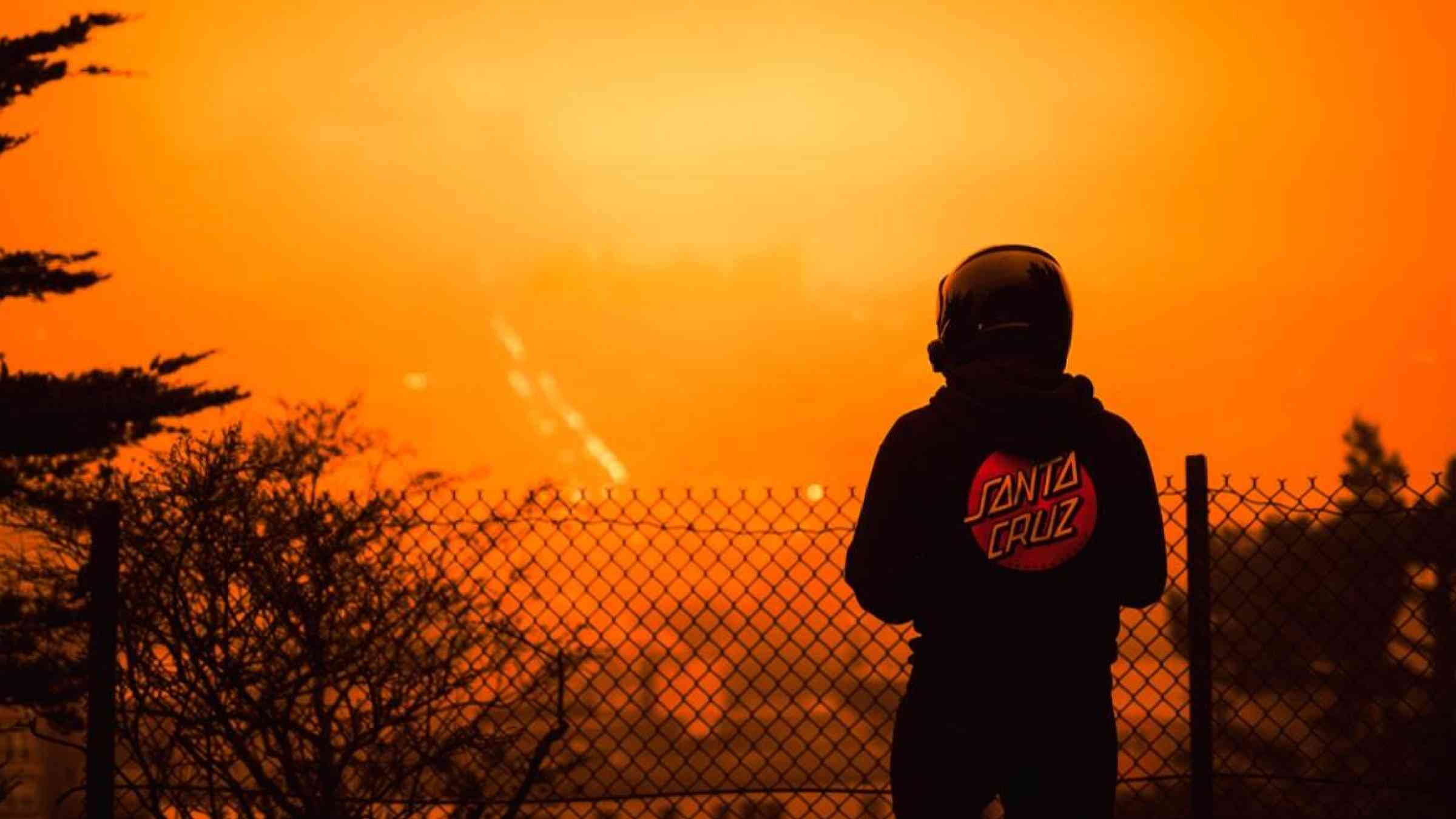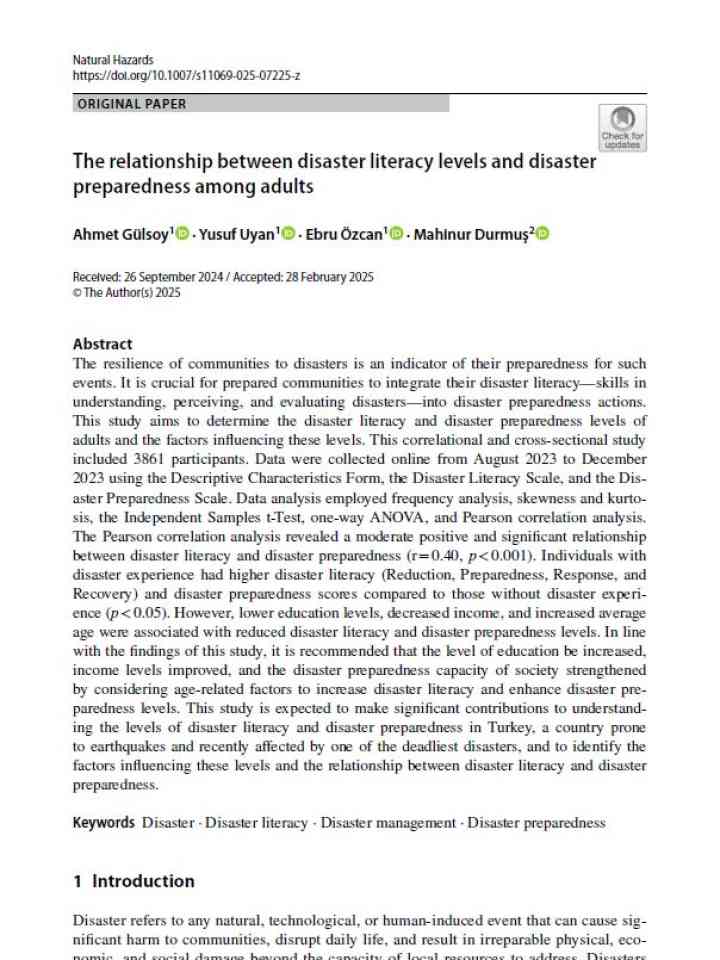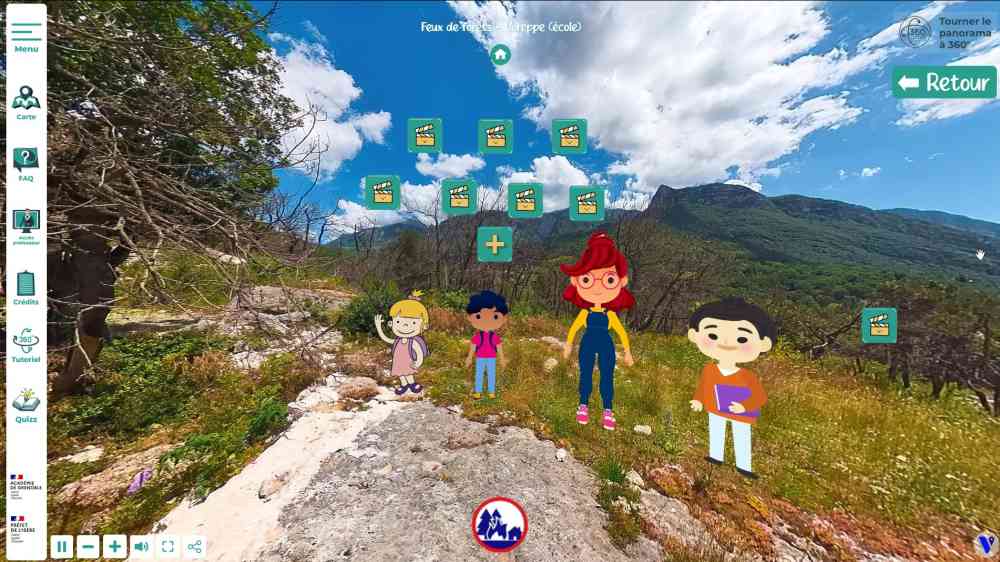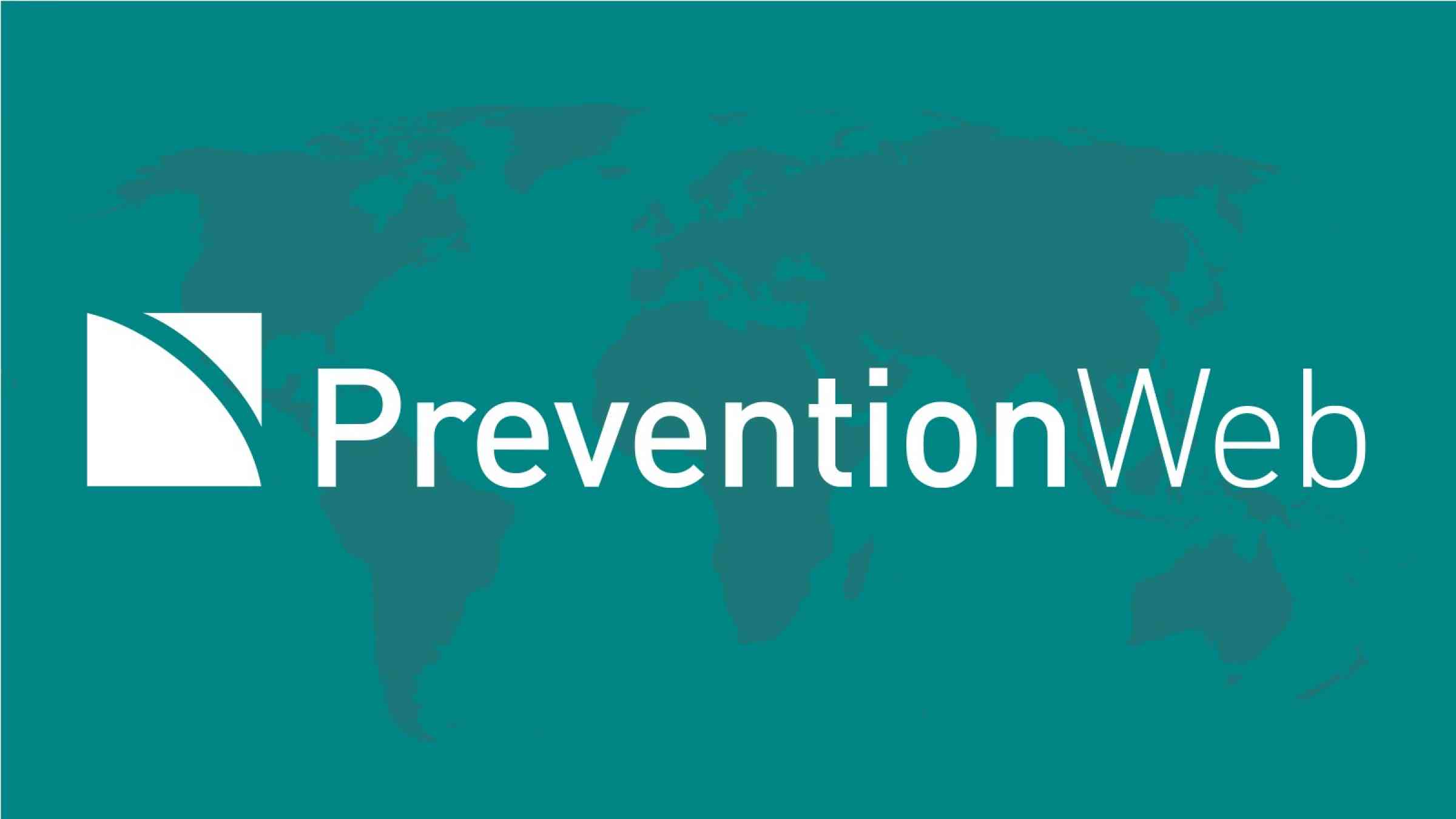Education and school safety
Policies and activities in the education sector to protect students and educators from disasters impacts, ensure continuity of education through all expected hazards and strengthen risk reduction and resilience through education.
Play and learn to stop disasters: Build your risk knowledge and strengthen your disaster preparedness.
View more school materials, including children's books, textbooks, lesson plans, activities, games, and online resources.

